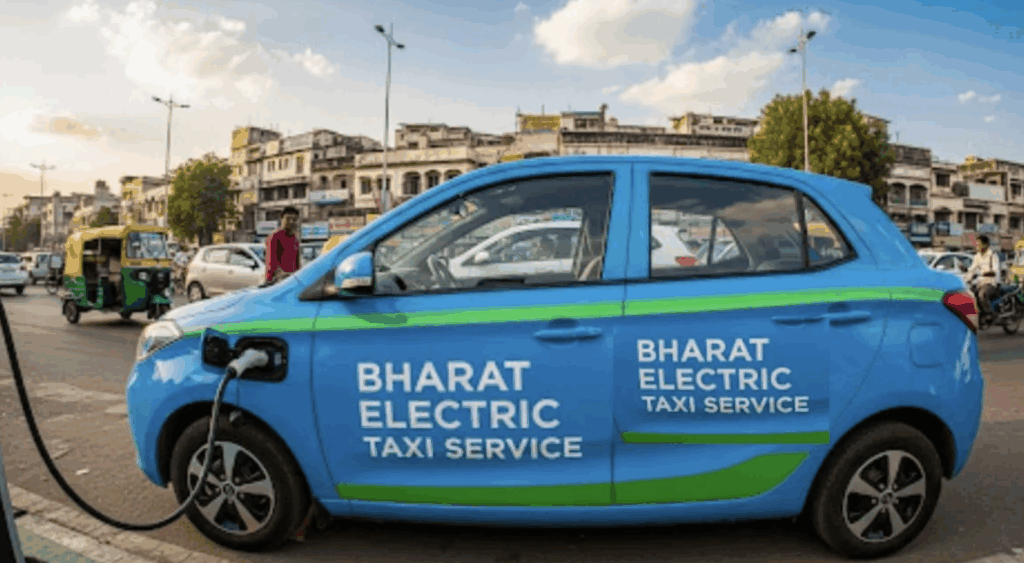In order to determine whether Ayurvedic treatment can be an alternative for cancer patients, the Goa government is starting a research project in collaboration with semi-government and private hospitals.

Goa Hospitals To Explore Ayurvedic Treatment For Cancer
In order to discuss the “Goa Integrative Oncology Initiative,” which intends to combine Ayurveda and allopathy in the treatment of cancer and promote research in the area, Chief Minister Pramod Sawant met with Tata Memorial Hospital.
Sawant announced, “We will establish a research cell in Goa. Tata Memorial Hospital will give the standard operating procedure for treatment.”
Every fifteen days, the Goan research cell will convene to discuss and evaluate the study’s findings.
Prominent individuals attended the meeting, including Dr. Sudeep Gupta, director of the Tata Memorial Centre; Dr. Sujata Kadam, dean of the All India Institute of Ayurveda (AIIA); and Dr. Shekhar Salkar, surgical oncologist and convener of the BJP Medical Cell Goa State.
Sawant emphasized that Gomantak Ayurveda Mahavidyalaya, AIIA, the Directorate of Health Services’ (DHS) Ayush Cell, and Tata Memorial Hospital are all involved in the project stating, “I am confident that this initiative will significantly strengthen healthcare, with a special focus on advanced cancer treatment.”
Goa To Be The First Indian State To Do This Study
He also underlined that Goa will be the first Indian state to carry out this kind of study.
For this reason, Tata Memorial Hospital has established a 300-bed facility in Khopoli, Maharashtra, and has already started integrated cancer treatment studies.
Sawant, an Ayurvedic practitioner, started this study to find out if Ayurveda could be a more affordable option for treating cancer.
Patients with stage IV cancer will be the subject of the study; with the consent of the patients and their families, they will be split into two groups, one receiving Ayurvedic treatment and the other allopathic treatment.
Every 15 days, doctors will assess how both treatment approaches are working.
A participating doctor explained, “It would be a long-term study. If there is a better outcome from Ayurveda-based treatment on stage IV cancer patients in terms of pain relief and cost of treatment, then doctors can conduct research on stage III cancer patients and so on. It won’t be fair to put stage I cancer patients on Ayurveda treatment.”
Another physician emphasized that research must be carried out by a reputable organization and published in a respectable medical journal in order for Ayurveda to be widely recommended in the treatment of cancer.
Even though some people voluntarily choose Ayurveda as a cancer treatment, scientific confirmation is required before the medical community will accept it more widely.












